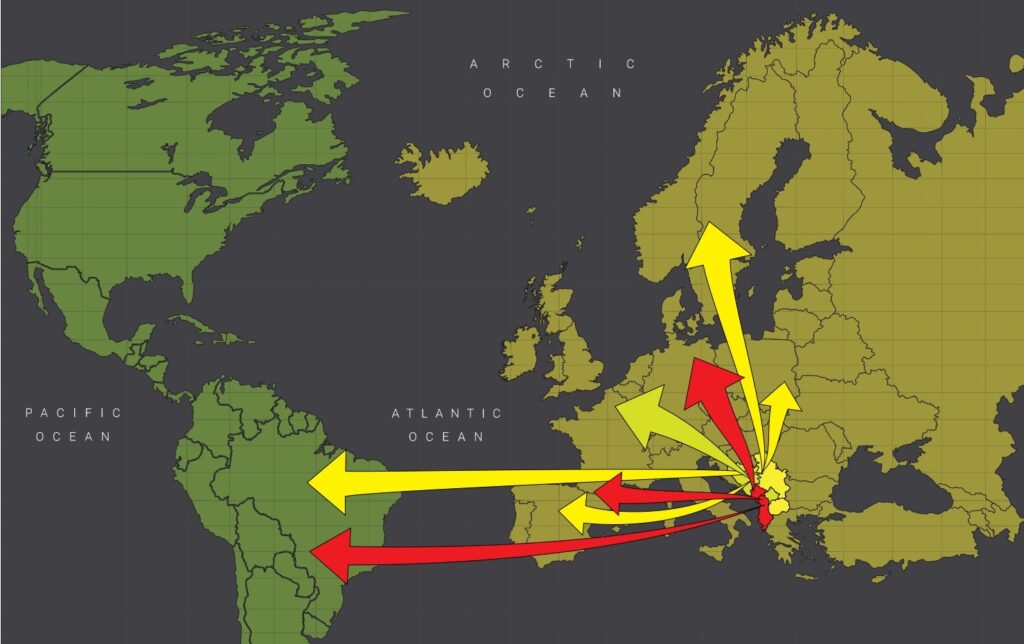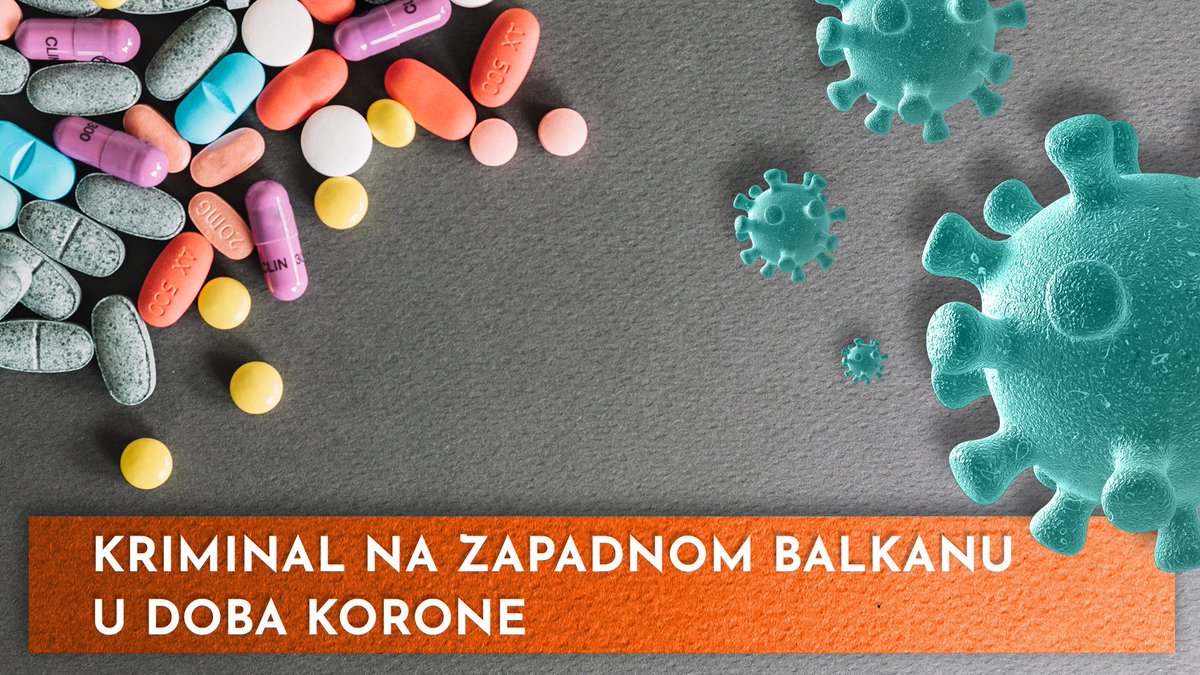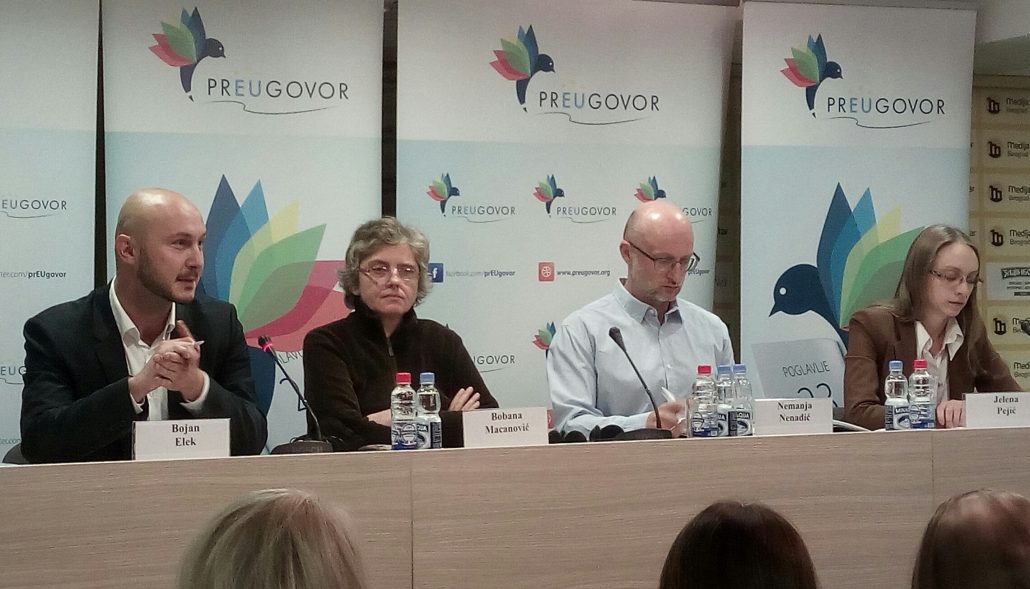 The Belgrade Centre for Security Policy opened the Regional Youth Partnerships program aimed to develop the next generation of changemakers by providing exceptional opportunities to learn, create, share, and connect through a wide range of activities, such as:
The Belgrade Centre for Security Policy opened the Regional Youth Partnerships program aimed to develop the next generation of changemakers by providing exceptional opportunities to learn, create, share, and connect through a wide range of activities, such as:
- Large and small Network meetings on a range of different topics, the first of which is the Regional Peacebuilding Academy scheduled for April 21st – 26th
- Community-based collaborative projects as a foundation for ongoing Network engagement
- Small-scale research initiatives and analyst exchanges between Bosnia and Herzegovina, Kosovo and Serbia
- High-level regional conferences and meetings with local and foreign stakeholders.
The program is seeking applications from young, civic-minded professionals who want to meaningfully connect across the Western Balkans region. Sixty-six young professionals between the ages of 19 and 32 will be selected. These professionals should be residents of Bosnia and Herzegovina, Kosovo, and Serbia (equally represented, 22 people from each).
Deadline for applications is 29 February 2024.
More information are available following this link: https://bezbednost.org/en/open-call-for-the-western-balkans-regional-youth-partnerships-network-members/.




 To read the document,
To read the document, 



